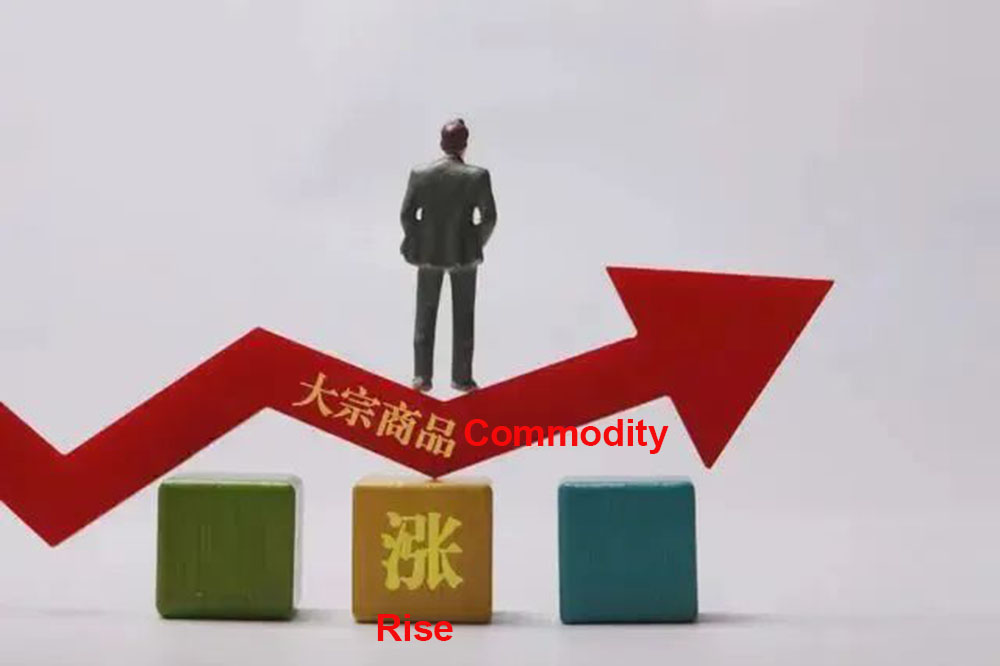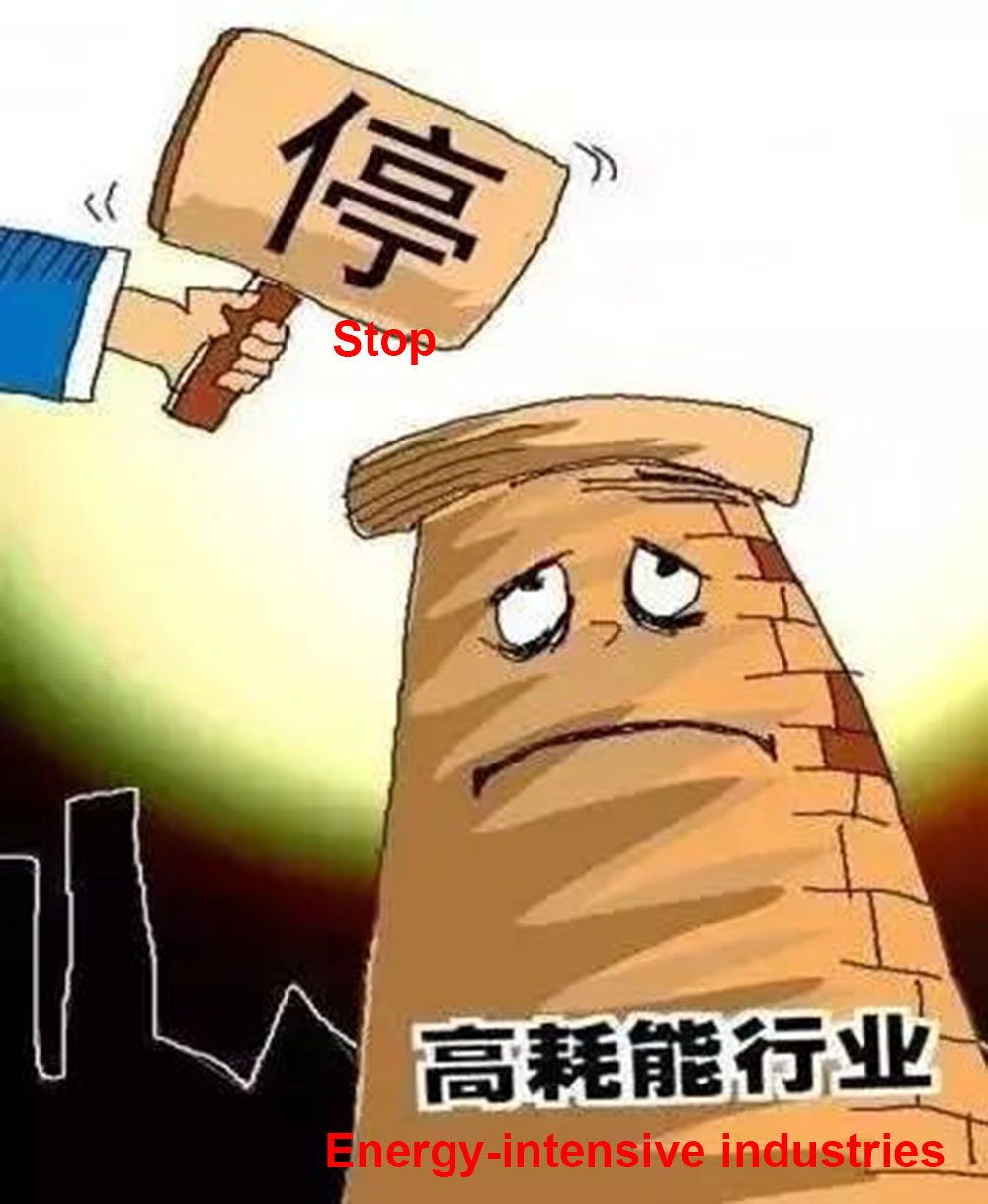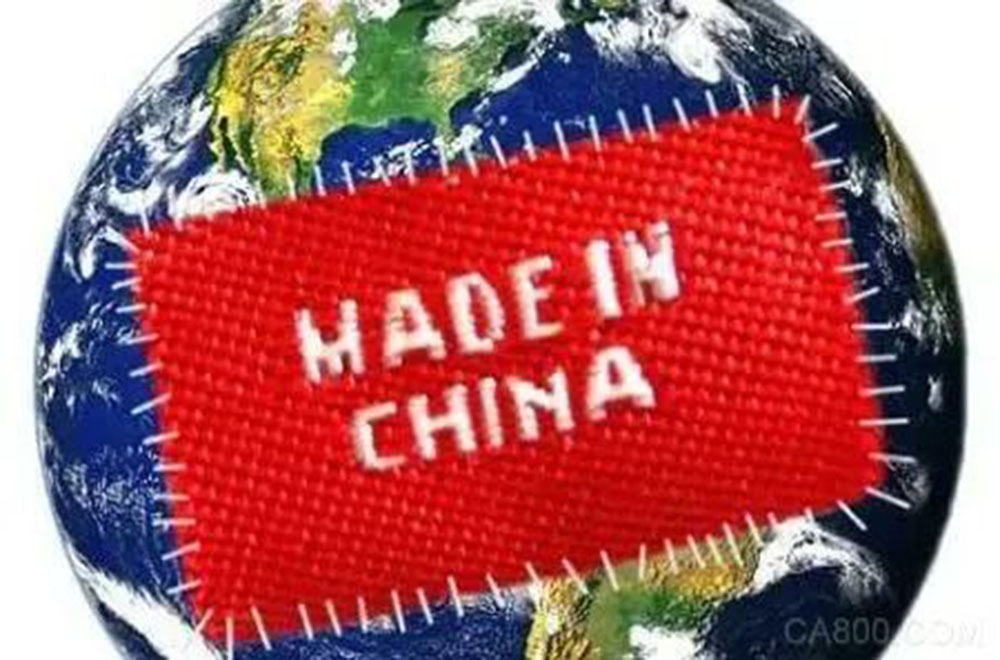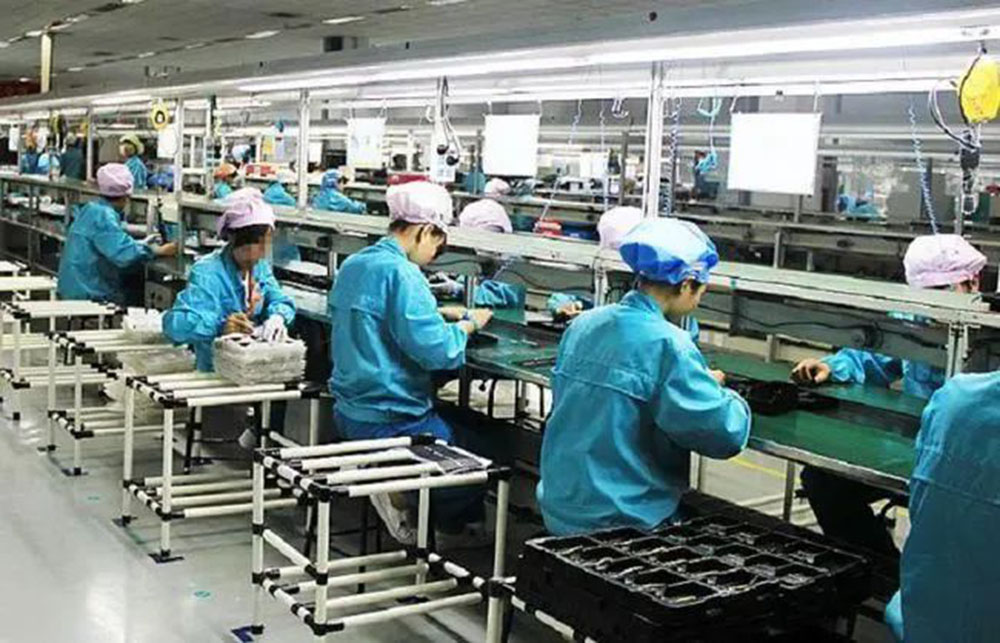Financial Sharing What is the meaning behind the most stringent electricity curtailment order?
Oct 15, 2021Financial Sharing What is the meaning behind the most stringent electricity curtailment order?
Electricity prices did not rise, but coal prices soared. Due to China's restrictions on Australian coal imports, China imported only 780,000 tons of coal from Australia in the first half of this year, a year-on-year decrease of 98.6%, basically not importing coal from Australia.
After banning the import of Australian coal, China increased its imports of coal from the United States, Canada, Russia, Colombia, and the Philippines. However, the cost of importing these coals is higher than that of Australian coal.
Due to its poor quality and deep burial, domestic coal has a much higher mining cost than Australian open-pit coal. In the past, one of the key reasons why China imported a large amount of coal from Australia was that Australian coal was cheaper than domestic coal.
And 70% of China's electricity comes from coal power. When the cost of coal is high, the cost of electricity rises rapidly. However, if electricity prices cannot rise, coal power plants can only generate power at a loss.
On the other hand, some companies have curtailed power, some are due to insufficient power supply and relatively high power demand, and some are related to the "dual control" indicator.
From the perspective of the macro environment, the country's carbon neutrality and carbon peaking policies are regulating energy-consuming enterprises to promote market transformation. It can be said that the strict "dual control" policy is an inevitable result of market development. Some power and production restrictions introduced by local governments are an integral part of the local governments' market regulation according to the situation, and they are a policy-oriented behavior.
Because carbon emissions are limited, our total energy use is limited, so when we reach a certain point, we must make some choices.
Residential electricity consumption must be guaranteed, and residential electricity consumption only accounts for 13.6% of the total electricity consumption, and the tertiary industry electricity consumption is only 13.4%, so that only industrial electricity consumption accounts for 71.1% of the electricity consumption. Therefore, it is necessary to limit the power supply to the manufacturing industry.
So the problem is that China is a big manufacturing country, and the whole country is revolving around manufacturing. In the manufacturing industry, not only China's GDP, but also the jobs of countless people. For a so-called carbon peak, just stopped like this? Isn't this caught in the trap of Europeans and Americans?
Things, of course, are not so simple.
Every policy in China is formulated after repeated scrutiny by the elites, and only do things that are beneficial to China.
We did agree on a carbon peak with Europe and the United States, but that was because the terms were beneficial to us, at least for mutual benefit and win-win. We can never unilaterally wear ourselves to meet the unreasonable demands of Europe and the United States. Dongfeng nuclear missiles are not vegetarian.
No one can force us to do what we don't want to do.
The power cuts are not forced by Europe and the United States. Inflation in the United States is so high. How is it possible to hope that China will cut the power cut to reduce production capacity.
This is something Europe and the United States do not want us to do, but we do it ourselves. Carbon peaking and energy saving and emission reduction are reasons, but only one of them.
If unlimited power supply to the manufacturing industry can bring great benefits to China, nothing can stop China from expanding its power supply. But the problem now is that powering the manufacturing industry is not good for China.

After the outbreak, the world's manufacturing industry was half-paralyzed, production capacity was greatly reduced, and orders flew to China like snowflakes. At present, cargo ships from all over the world are heading to China, and the whole world is pulling cargo from China. Most of the ships leaving ports in other parts of the world are empty ships.
Made in China proudly, I used to ask for orders, but I didn't expect it to be an order for me now.
Then the wave of Chinese manufacturing is swollen. If the profits are really swollen, how can the country now limit power to manufacturing companies? All carbon emission targets will be thrown aside, and we will talk about it next year.
The weird thing made in China now is that we only make money and not make money.
Because the prices of everything are soaring, China's capacity expansion has not brought about high profit growth, especially in the light manufacturing industry.
China's light manufacturing industry has been in a state of meager profit for a long time, and most of the profits have been taken by international big names. Take Guangzhou where I am. The manufacturing cost of an ordinary T-shirt is about 5 yuan, the ex-factory price is generally 8 yuan, and the gross profit is 3 yuan.
However, after deducting other costs such as tailings, rent, taxes, water and electricity, the net profit of a T-shirt is only 1 yuan. However, this T-shirt can be sold for more than 100 or more than 200 as long as it is hung on a foreign brand. In fact, they are all produced by the same batch of factories.
The so-called Japanese goods, Korean goods, European goods, American goods, etc., can be handled by the garment factories in Nancun Town, Guangzhou. There is a noun behind them: Chinese goods.
Xiyin, the world's largest clothing brand, was born in Nancun, Guangzhou.
If China's manufacturing is a whole, then encountering such a situation in which demand exceeds supply, and the whole world comes to China to ask for goods, it will definitely be a drastic increase in prices and a big profit.
But the current situation is that the whole world is begging for shipments from China, and as a result, the ex-factory prices of Chinese products cannot be raised. Regardless of the size of the order, the Chinese factories can afford it, and then quickly expand the corresponding production capacity.
A T-shirt only earns 1 yuan, and the factory actually accepts orders and even dared to expand its production capacity. Chinese companies are too fragmented, and the technical threshold of this thing is indeed not high, so they have carried out a sufficiently fierce market fight. As long as they can make a little money, no one dares to raise prices.
On the surface, manufacturing in China is booming and there are countless orders. In fact, almost all factories have become subordinates of shipping companies with free long-term workers.

Shipping dared to increase the price, several times the price increase, but the Chinese manufacturing dare not increase the price, even if the global order begs for China to ship the price, this is the current status quo. In addition to the increase in shipping prices, the prices of raw materials are also rising wildly, and all kinds of raw materials are rising, all of which have doubled.
Therefore, the curtailment of electricity and production is rooted in the fact that China's manufacturing industry has serious injustices in the distribution of profits in the global industrial chain.
This is like a factory strike, putting pressure on the U.S. imperialism to stop production regardless of profit.
Have you ever wondered why China's high-quality products must be exported overseas at a low price? Why is China's precious rare earths sold at the price of cabbage?
Why can an Apple mobile phone make more than 90% of the profits in the global mobile phone market, while China, as the world's largest mobile phone producer, has a profit margin of less than 10%?
Although core technologies can provide additional premiums, China controls more than 90% of the world's rare earth resources and core rare earth separation and purification technologies. Why can't China control the pricing power of rare earths?
Why China, as the world's largest coal consumer, cannot control the pricing power of coal?
Why is China, as the world's largest manufacturing country, unable to control the pricing power of industrial products?
Why is China in a disadvantaged position in both buyer and seller markets?

The root of all this lies in the hegemony of the dollar.
One of the key factors why China's manufacturing industry can beat other countries is "good quality and low price." Behind this "good quality and low price" are countless Chinese factories, working 24 hours a day, and workers working in two shifts for 12 hours, earning hard money with blood and sweat.
The most typical case is Apple. The vast majority of Apple mobile phones are produced in China, but the income of Chinese factories and Chinese workers is only a drop in the bucket, and Apple has taken away the largest profit in the entire Apple industry chain.
But the pricing power of these commodities is in the hands of the United States. Oil is directly linked to the U.S. dollar. Whether international oil prices rise or fall, the United States can control it with one hand. Those royal aristocrats in the Middle East, as long as they have a profit, they will follow the United States in their minds.
The same goes for copper, iron, aluminum and coal in Australia. Because the United States has a huge amount of U.S. dollars in their hands, they can use the U.S. dollars in their hands to sell commodities such as oil, natural gas, copper, iron, aluminum, and coal in the international futures and spot markets. Illusion.
As soon as the price of raw materials rises, China's production costs can no longer be suppressed.
At this time, Chinese companies have to purchase raw materials at high prices in the international market. Although China has banned Australian coal, China has increased its imports of American coal. Where does American coal come from? It is imported from Australia.
In this case, China's energy costs and raw material costs will both rise, again squeezing factory profits.

Finally, the Chinese do the most work and make the least money.
This is the same as Evergrande Group's sudden bank tightening of loans, which directly draws salaries from the bottom of the pan. The vicious result is that China's economy is big but not strong, Chinese factories are big but not strong, and Chinese companies are big but not strong.
Therefore, China has put forward an important goal: to cultivate a group of small giants who specialize in new industries.
Limiting power and output is certainly cruel. But in order to get rid of the dollar's squeeze on China's manufacturing industry, China has to force companies to take the path of industrial upgrading.
Only by phasing out a batch of backward production capacity can a batch of small industry giants with special expertise be cultivated.
One generation has the sacrifices of one generation, and only then can the next generation have a peaceful life.
Compared with the sacrifice of our ancestors, we just sacrifice some productivity. Only through these difficult years can China's economy be truly big and strong, and can it regain the pricing power and the profits that should belong to Chinese companies from the global industrial chain dominated by the US dollar!